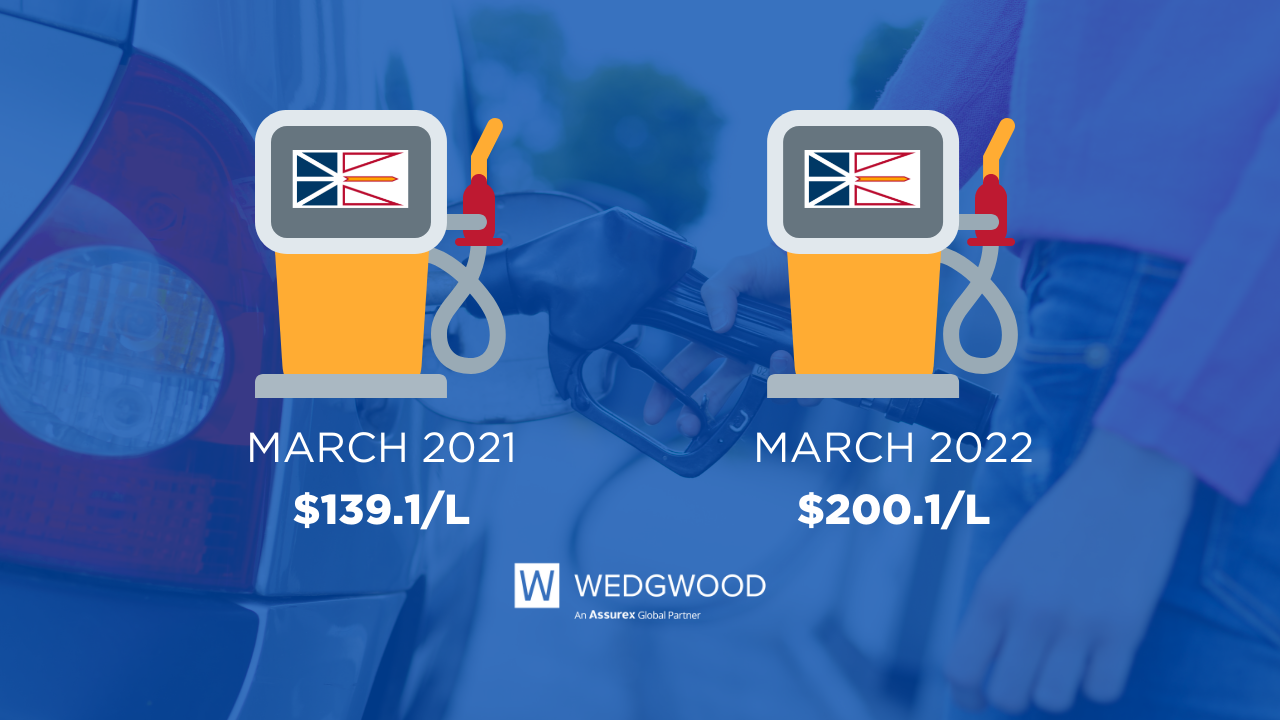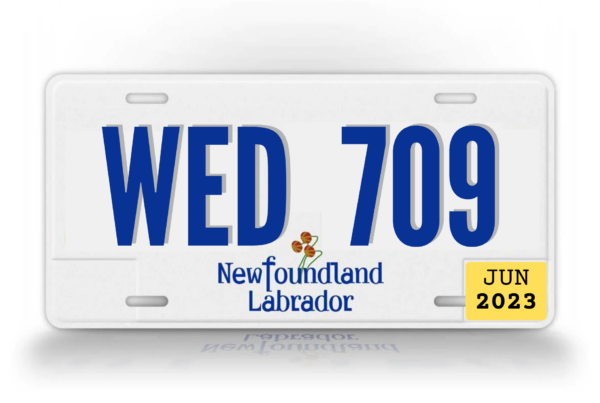
Unless you don’t own a vehicle, haven’t driven in a while, or have a strong aversion to economic news, you’ve probably noticed gas prices are rising across Canada, reaching a new high of $2.001/litre on March 10 compared to $173.9/litre a month earlier, in a study by the Canadian Automobile Association.
The most obvious way to save money on gas right now is to drive less: avoid unnecessary trips, perform many errands in the same area of town at once, and utilize public transportation or walk if possible.
Because it’s unlikely that you’ll be able to quit driving totally, you’ll want to find the cheapest gas you can, but there are a few other things you can do to improve your fuel economy.
Smarter Driving
Driving more cautiously is one approach to increase fuel efficiency. By anticipating slowdowns and looking ahead at stoplights, you can avoid both unneeded and quick acceleration and braking. On the highway, aggressive stop-and-start patterns can cost you 15–30% in fuel economy, and in city traffic, 10–40%.
Maintain a consistent speed by using cruise control when possible. If speed limitations and driving circumstances allow, aim to keep your speed slightly below the maximum posted speed to maximize your fuel economy. If you must commute to work, drive during off-peak, non-rush hours to avoid stop-and-go traffic, assuming your work schedule allows for it.
Turn off the engine rather than idling when you’re stopped, whether at a drive-thru or waiting for a friend to join you in the car. Idling consumes gas and contributes to bad air quality. Waiting for your engine to warm up before driving, as well as frequent cold starts, can waste fuel. Many cars utilize air conditioning to reduce moisture in the cabin and this can impact fuel efficiency. A more frugal option would be to run your heater without the air conditioner on.
A Well-Maintained Vehicle Uses Less Gas
You’re undoubtedly aware that tire pressure has an impact on mileage—underinflated tires increase resistance and reduce efficiency, potentially increasing your vehicle’s gas consumption by up to 3%. At least once a month, check your tire pressure.
It’s also a good idea to keep up with other routine maintenance, as any malfunctioning features could affect your fuel economy. It might seem counterintuitive, but buying premium gasoline (any gas with an octane rating of 91 or higher) and using the manufacturer’s suggested grade of motor oil can help you get a few extra miles out of your tank.
Lighten your Load
Remove any roof racks or roof boxes that are causing drag when not in use. These add-ons can increase gas consumption by anywhere from 1 to 5 km/litre, according to Consumer Reports studies. The influence of rear-mount racks ranges from 1 to 5%.
Remove whatever cargo you don’t need to be transporting, whether it’s sporting equipment, cartons of donated stuff, or random junk. Losing 100 pounds of excess weight can result in a 1% increase in fuel economy.
Expert Advice from Wedgwood Insurance
There’s more to insurance than the price of the policy and Wedgwood goes above and beyond for our clients with expert advice you can trust, but don’t take our word for it. There’s a reason we’re Newfoundland & Labrador’s most trusted insurance broker.
With over 200 Google My Business reviews, come experience the Wedgwood difference with expert advice from our dedicated team. We work to ensure that every client has the coverage that best suits their needs through upfront complimentary consultations and midterm reviews.






